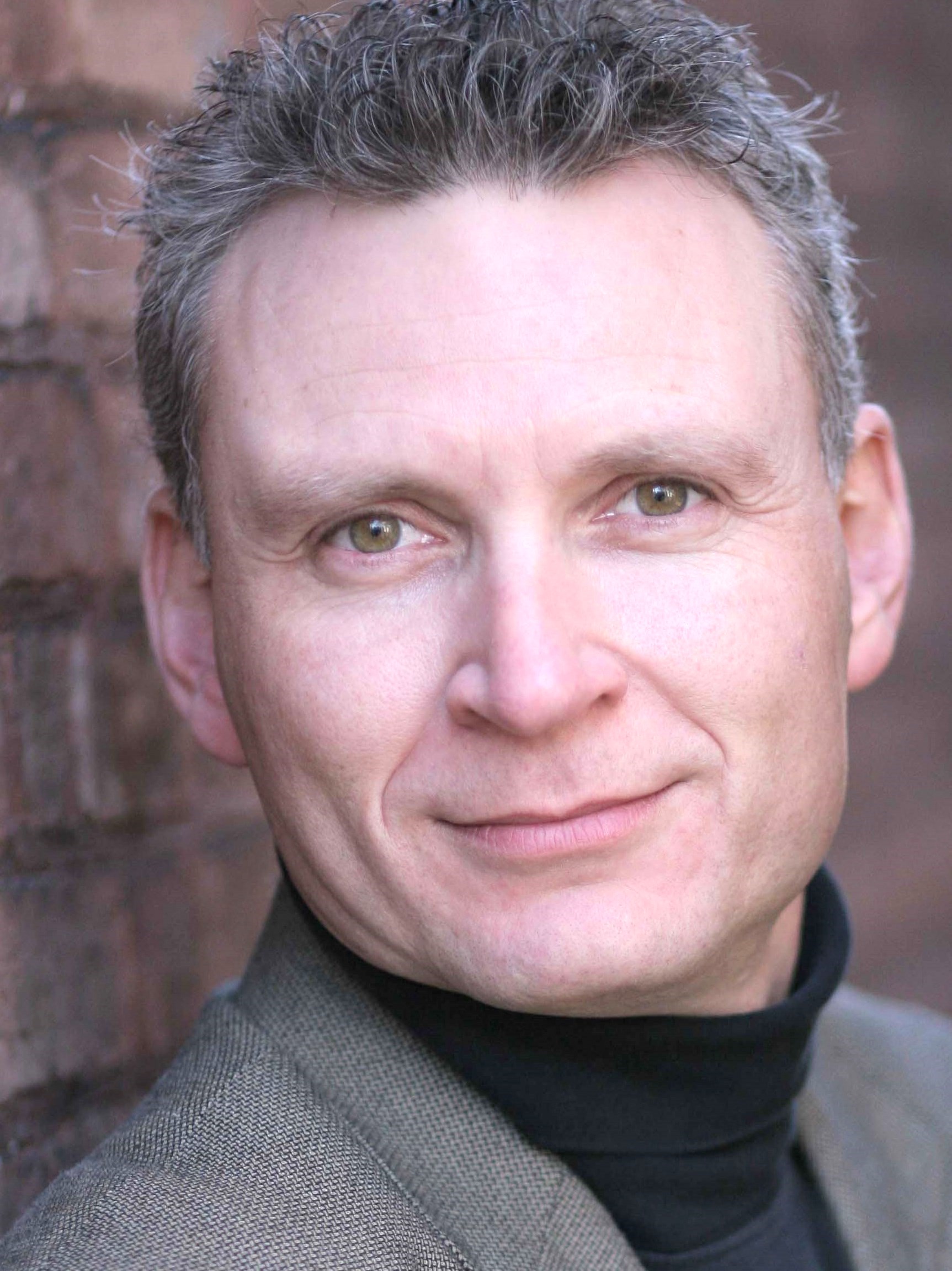|
VOICE ACTING  By Paul Strikwerda By Paul StrikwerdaVoice Actor A short while ago I was in my car listening to NPR's "Morning Edition," and something bugged me. It wasn't their angle on the news or their choice of topics. It was something more subtle. I found myself criticizing the loud breaths both presenters were taking. When I pointed it out to the passenger next to me, she reacted surprised. She hadn't noticed a thing. Once I had mentioned it though, she heard it too. But why did my brain choose to have me focus on something as useless as the presenter's breath? CONDITIONED RESPONSE Well, as a voice actor, I suffer from professional deformation. Some people prefer to call it "job conditioning." Just as a music critic can't help but analyze any performance instead of simply enjoying it, I find myself constantly critiquing colleagues, including their noisy intake of oxygen.
But it gets worse. When it comes to my own performance, I am absolutely merciless. Because I listen to myself in close-up all day long, I hear every little detail and have lost the ability to hear my voice the way other people hear it. It's become my biggest blind spot.
DOES IT DISTRACT? Mind you, not all breaths distract. Some can actually add drama to a read. There's the scared breath, the surprised breath, the "I-can't-believe-I just-said-that" breath.
Removing all breaths sounds unnatural.
But being mindful of our breath brings up something else. UNCONSCIOUS CONNECTION
For one, the way we breathe immediately reveals the physical state we're in. If we're in bad shape, our breathing will give us away.
Secondly, our breath is closely linked to our emotional state. It's that mind-body connection. When we're anxious or tense, our breath tends to be faster and shallow.
When we're relaxed, our breathing is deeper and slower. It's one of those amazing autonomic, automatic connections.
I especially notice this interplay between mind and body when I'm distracted and stressed. My breathing becomes irregular and I can clearly hear it when I listen back to what I've just recorded. When I'm that unfocused, I do my worst work.
This - in turn - annoys me even more, making the situation worse. I know I need to step out of it, but how?
LIKE A KITE AND STRING
Indian musician Ravi Shankar once said:
"The mind is like a kite, flying here and there, and the breath is like the string of the kite, generally bringing the mind back into the present moment. The breath brings the mind, which is all over the place, back to its source, a natural state of peacefulness and joy." As soon as I became aware of the connection, I realized that I could actually influence my state of mind by changing my body. One of the quickest ways to do that, is by changing my breathing.
That's nothing new. Yogis have been doing it since the dawn of time.
TAKE A DEEP BREATH
Good breathing starts with good posture. The kneeling chair I use in my studio not only prevents lower back pain. It helps me sit up straight, and it allows the diaphragm to move freely and efficiently, thus promoting better breathing and blood circulation.
I also started practicing diaphragmatic or abdominal breathing. Babies are natural abdominal breathers, but somehow we nervous grownups have forgotten how to do it.
STARTS WITH YOUR STOMACH
Diaphragmatic breathing comes from the stomach area, rather than from the chest (thoracic breathing). When done properly, the entire torso expands, starting with the belly and followed by the rib cage. It's often mentioned as an easy way to reduce stress and increase mental focus.
From a voice over point of view, there are more advantages to belly breathing.
Because we're taking in more oxygen, we can read longer passages without having to gasp for air. Abdominal breaths are also much more quiet than those coming from the upper part of our body. WHY YOU SUCK
Thanks to shallow chest breathing, most of us are suckers. We literally suck the air into the upper part of our body, past our vocal cords, as if we're filling up a vacuum tank.
This sucking sound is usually enhanced because we don't open our mouth fully before we breathe.
For most of us this is a completely unconscious process, and we don't even hear the sound we make as we breathe in - until we play back the audio.
I don't know about you, but I'd rather prevent these annoyingly loud breaths rather than having to edit them out.
WORK AT RELAXING
So, before you take your next breath, sit up straight, open your mouth wide like a singer and take a deep, r e l a x e d breath from the abdomen. This should dramatically reduce the sound you make while filling your lungs with more oxygen.
Most teachers of abdominal breath will tell you to breathe in through the nose and breathe out through the mouth. There's a reason why I am asking you to breathe in with your mouth open.
Not only is it quieter, it prevents those nasty smacks that are the result of you parting your lips. I take it one step further.
KEEP YOUR MOUTH OPEN
Not only do I open my mouth at the beginning of a sentence, I keep it open at the very end and for the very same reason. As your lips close, chances are that they make another unwanted sound.
Even though this "technique" sounds like a no-brainer, you're basically relearning something that you've done wrong for most of your life. I'm asking you to become mindful of something you've been unaware of and have done almost naturally.
Be soft on yourself as you practice abdominal breathing. It's OK if you're not perfect at it straight away. Give yourself a breather. If you start feeling light headed, you're doing it too quickly and with too much effort.
Be gentle. Relax. It's good for you. Personally and professionally.
And remember: There's no quick fix for being out of shape. The sooner you start to take care of yourself, the better it is.
----------------- ABOUT PAUL Paul Strikwerda is a 25-year veteran of the voice over industry whose Nethervoice service features German and Dutch voice overs, translation and evaluation services. Born in Holland, he has worked for Dutch national and international radio, the BBC and American Public Radio. Although 90% of his work is in English, Strikwerda also records in Dutch, German and French. Clients include Novartis, Johnson & Johnson, and the Discovery Channel. He also publishes an informative and entertaining blog, Double Dutch. Email: paul@nethervoice.com
Web: www.nethervoice.comDouble Dutch Blog: www.nethervoice.com/nethervoice |
|
|
On Michael Langsner's Voice-Over Roadmap Podcast
Inspiring interviews help your VO career
With Sean Daeley and Paul Stefano - check it out!
For essential voice-over business strategies
As of the NEW website launch, 03/22/2012







.png)


Peace,
Ron
Being a choir member has given me a great foundation for the work I do now.
I remember an acting class in high school. Lying on your back, do the modern Major General speech from the Pirates of Penzance!! That's a workout!!
Rich